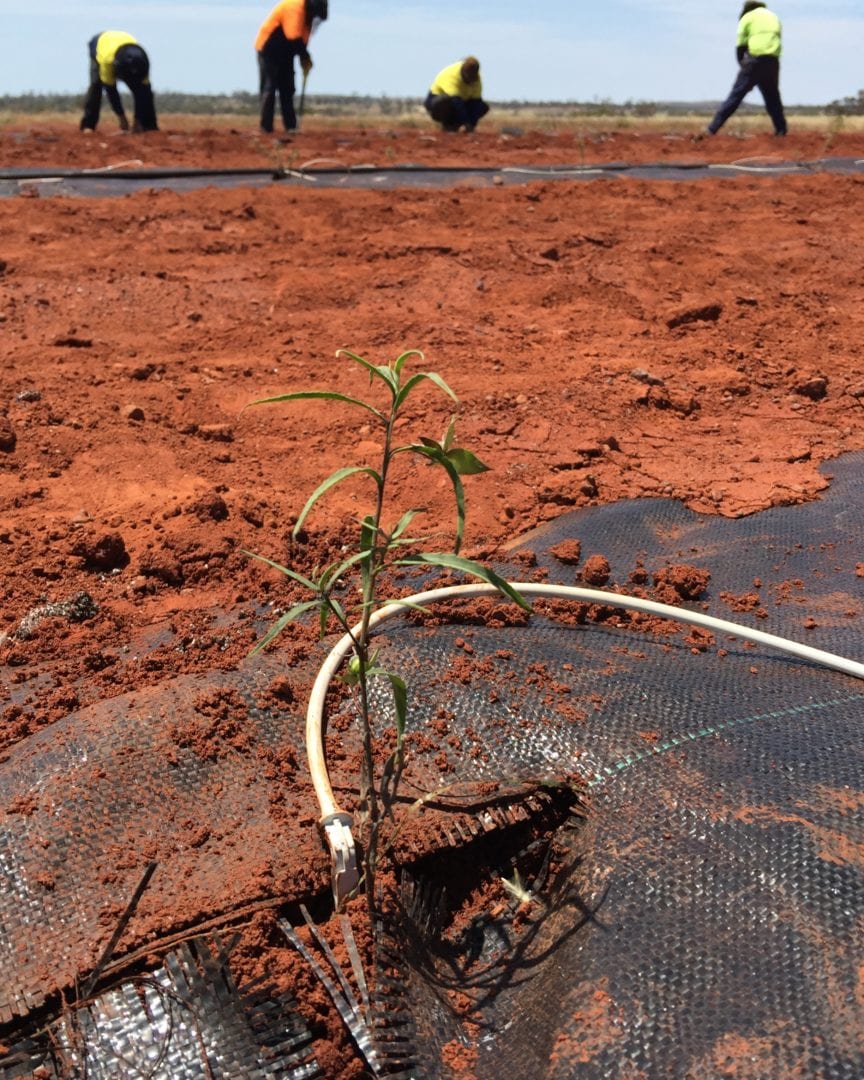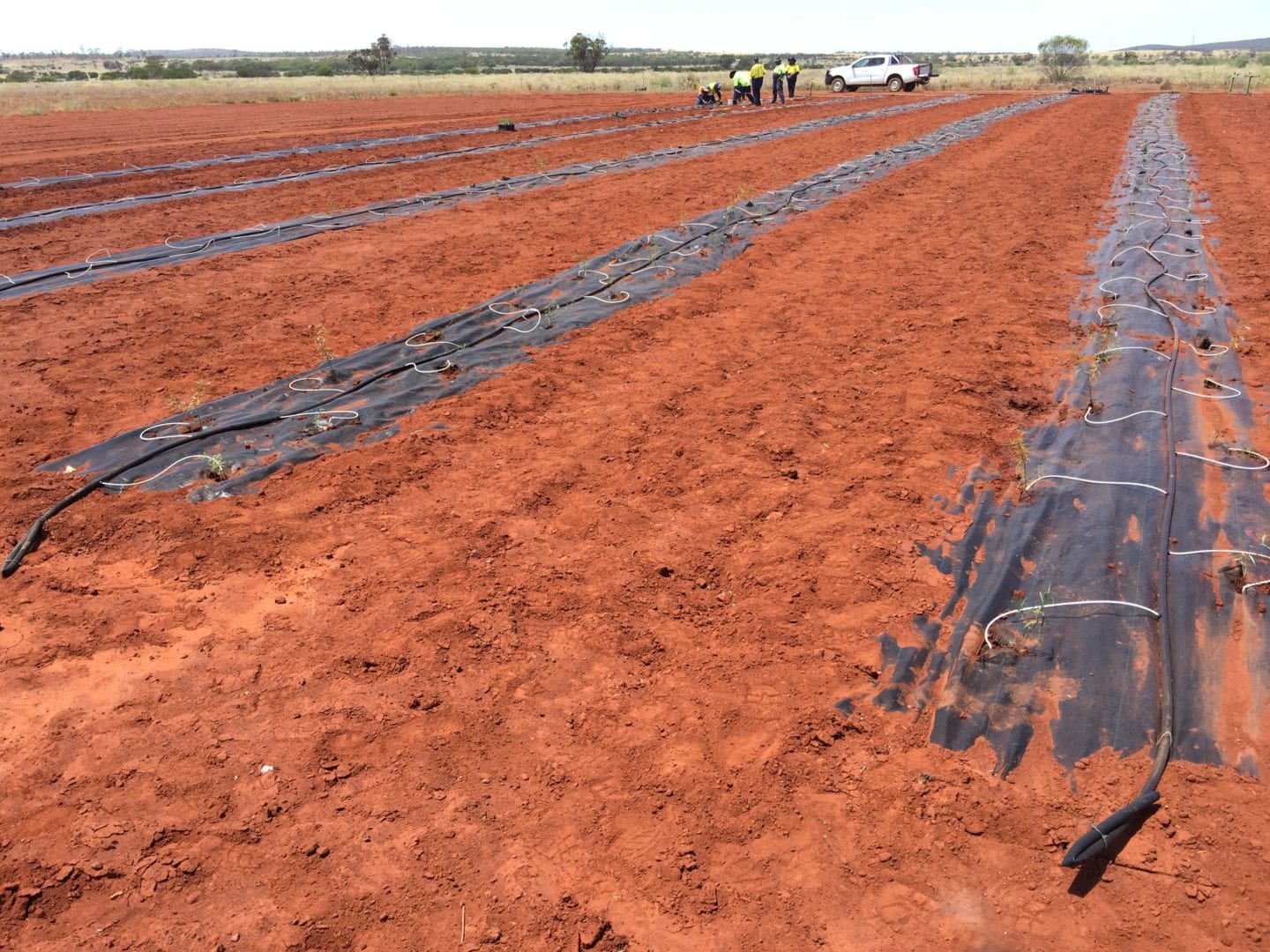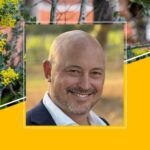A team of scientists from Curtin University’s ARC Centre for Mine Site Restoration (CMSR) has helped to install an Indigenous-owned and operated native seed farm to supply Australia’s growing land rehabilitation needs.
 CMSR joined with MEEDAC (Midwest Employment and Economic Development Aboriginal Corporation), Greening Australia and Green Values Australia to start-up the seed farm on the Geoff Wedlock Innovation Park, a property operated by MEEDAC and provided by mining company Karara Mining Limited near Morawa, Western Australia.
CMSR joined with MEEDAC (Midwest Employment and Economic Development Aboriginal Corporation), Greening Australia and Green Values Australia to start-up the seed farm on the Geoff Wedlock Innovation Park, a property operated by MEEDAC and provided by mining company Karara Mining Limited near Morawa, Western Australia.
Project leader John Curtin Distinguished Professor Kingsley Dixon, from Curtin University’s School of Molecular and Life Sciences, said there were concerns about the sustainability of native seed collection in the face of increasing seed demand for restoration programs across Australia.
“Native seed supply in Australia is almost 99 per cent from wild collected sources,” Professor Dixon said.
“The mining industry alone is unable to meet all of its seed demands from current wild sources due to the unreliability of supply due to climate change, land degradation and the loss of suitable seed collecting areas through past clearing.
“This initial planting at the new farm will supply critically important keystone species used in post-mining restoration, which is unable to be sourced in the quantity and quality to ensure suitable restoration after mining.”
There are plans to expand the seed farm to include up to 20 important plant species needed in rehabilitation programs and the farm will employ local Indigenous people in all phases from the planting, management, harvesting and processing of seed ready for sowing into mine-sites.
 MEEDAC Business Development Manager Milton Milloy said it was the first native seed farm of its type in Australia that provides a diversified economic development opportunity for the region.
MEEDAC Business Development Manager Milton Milloy said it was the first native seed farm of its type in Australia that provides a diversified economic development opportunity for the region.
“This project is an outstanding opportunity to provide long-term employment and connect people to country with a productive and enduring business model,” Mr Milloy said.
Professor Dixon said one of the species planted at the farm – the ‘cancer bush’ – was well known in Indigenous cultures as a potent medicinal plant with proven anti-viral and anti-bacterial properties.
“Tea made from the leaves of the plant are worth up to $20 dollars per teapot bag,” Professor Dixon said.
“Current wild supply cannot meet demand for this plant so the seed farm has the potential to provide a long-term, high quality product in addition to seed for restoration programs.”
The current planted stock at the farm will develop its first seed crop in two years with more plantings to occur over the next 18 months. It is planned that the model developed at the seed farm will be a template to be rolled out for other indigenous communities around Australia.


